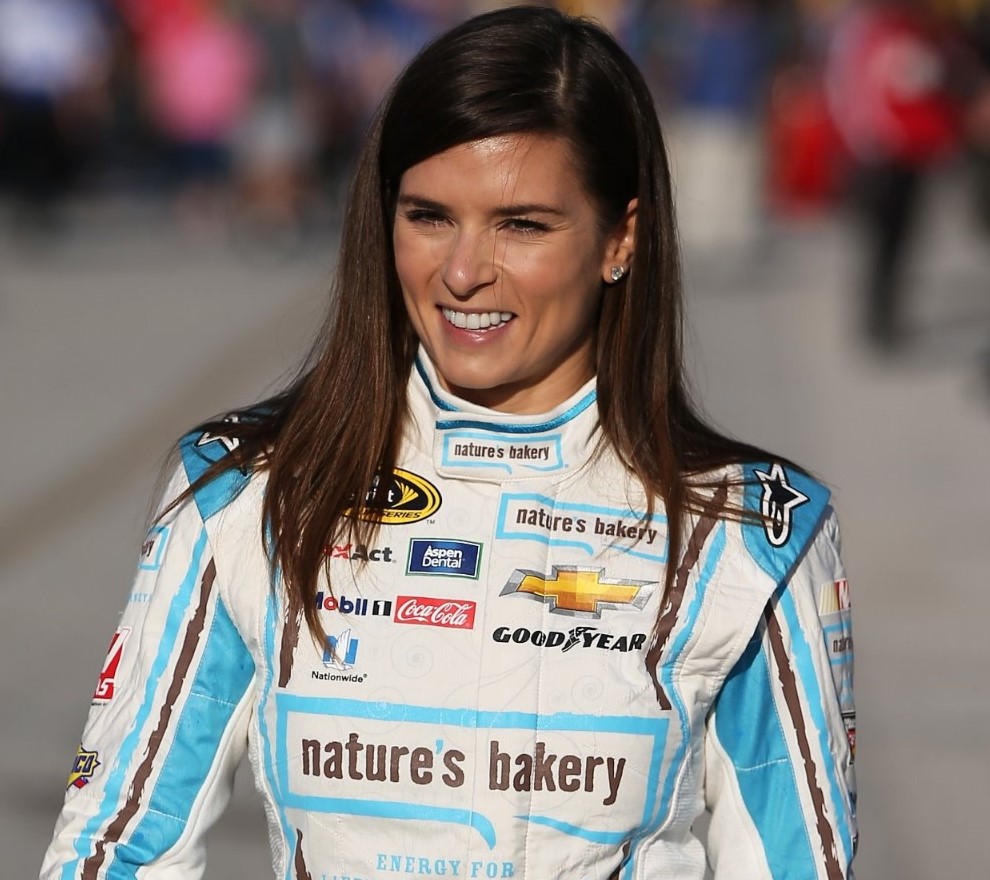If you want to race in motorsports, you better bring a check
 |
| It's hard to argue that racing is a sport if athletes/drivers buy their way in. Money wins over talent and is one reason attendance is falling. The business of motorsports is broken and needs a major overhaul |
If you want to play the NASCAR game (or any form of motorsports), you better be prepared to pay writes Allen Gregory/Bristol Herald Courier.
That dirty little fact is one of many reasons why traditional fans and independent car owners continue to leave the sport in frustration.
In a more innocent and much more colorful age, drivers attacked on every lap to pay off bills and buy groceries. Owners and promoters were willing to give those blue collar heroes a chance to prove themselves on a bigger stage.
The road to the main stage no longer includes stops on gritty short tracks where drivers learn the basics of car control, passing and respect.
The new “can’t miss" young guns learn the sport through high-tech video games and simulators, expensive karts and driving coaches. By around age 18, rich daddies rely on their hefty checkbooks or important connections to simply buy their sons and daughters a ride with a touring series team in need of a financial infusion.
Kids from humble backgrounds are basically left out of the picture. Without quality equipment, a travel budget or a mentor, a young driver has no way of advancing through the ranks or even creating a buzz.
The short track champion faces an even more vexing dilemma. No matter how many feature race or track titles he wins, there is little to no chance for advancement unless he is spotted by a lucrative sponsor or a driver like Kyle Busch or Dale Earnhardt Jr. who have the funds to take a chance on a raw talent.
As grizzled crew chiefs grind their teeth, NASCAR fans are forced to watch weekly reality shows starring the richest kid with the widest smile and best corporate sponsor.
It’s easy to see why highly-hyped NASCAR Drive for Diversity is stuck in neutral.
Traditional fans now get their kicks at weekly dirt or paved tracks where they can actually cheer for engaging weekly warriors who compete for the love of the sport instead of a new mansion or the prospect of landing a supermodel wife.
This unfair pay-to-play scenario carries over to stick and ball sports. In football, the success of players at showcase camps and summer 7-on-7 sessions have become almost as important as actual games. Nearly every prized quarterback or kicker has a personal guru that comes with a hefty cost.
In team sports such as baseball, softball, volleyball and soccer, many athletes spend more time with their travel ball teams and coaches than their high school squads. Of course, the travel ball routine is expensive with many of the tournaments and camps held in popular resort locations.
 |
| The entire ladder system of motorsports is almost 100% funded by ride-buyers |
Camp directors and operators of recruiting web sites are eager to take the money of naive parents who have grandiose dreams of a NCAA Division I scholarship.
A few creative minds in NASCAR have proposed the formation of a Little League type of program where kids of all incomes could learn and compete on an equal footing. For years, the National Hot Rod Association has used the NHRA Jr. Drag Racing League as a launching pad for future pro drivers.
The poster girl for the NASCAR version of Money Ball is Danica Patrick. In 154 races on the Monster Energy NASCAR Cup Series, Patrick has failed to post a single top-five finish despite driving in top-flight equipment. Yet the head honcho of Ford Performance recently made a commitment to support Patrick if the current woes with her primary sponsor are not solved.
Considering her lackluster record, how many other drivers not named Dale Earnhardt Jr. would get that sort of backing?
A Christmas Eve scene in far Southwest Virginia last year offered a fitting yet sad contrast between the massive divide between the haves and have-nots in racing.
While the rich, famous and connected stars of the sport were off on exotic vacations, one of the most successful and devoted short track racers in the Southeast was toiling away on a chassis late into the night in his garage.
It’s the best of times and the worst of times in stock car racing. While the rich get richer, the visions of grandeur continue to fade for the dreamers and little guys.
Meanwhile, NASCAR officials keep devising gimmicks to lure “hip" young fans to a tradition-rich sport long ruled by five powerful car owners and built by bootleggers, farmers and daredevils. Allen Gregory/Bristol Herald Courier
